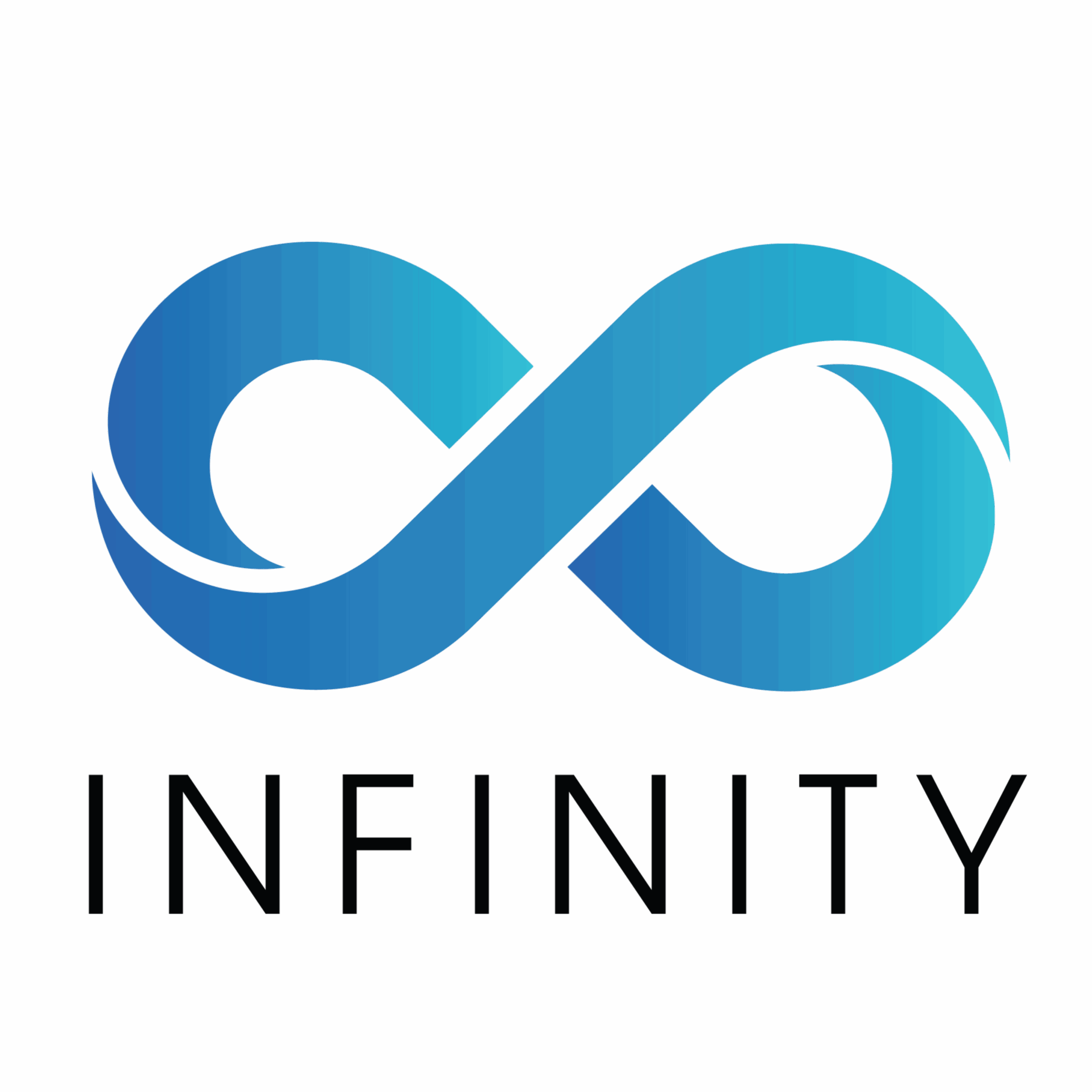
UAE +971 56 1 55 44 66 – Kuwait +965 51 38 38 68 – Oman +968 92827852
UAE +971 56 1 55 44 66
Kuwait +965 51 38 38 68
Menu

UAE +971 56 1 55 44 66 – Kuwait +965 51 38 38 68 – Oman +968 92827852
UAE +971 56 1 55 44 66
Kuwait +965 51 38 38 68
Excel in the SAT with Our Expert Guidance in Kuwait!
By the end of the training, you will:

SAT or Scholastic Assessment Test is a globally-famed entrance test ideal for admissions in undergraduate programs. The SAT Coaching is available at Infinity Training center, in Kuwait. This is an MCQ-formatted pencil-and-paper test entirely monitored by the College Board. The test aims at quantifying the readiness of any high-school aspirant. Other than this, passing this exam helps test-takers to prove their eligibility for certain scholarships. SAT preparation is easy and effortless with Infinity as our learning and training institute delivers highly AI-driven SAT Coaching training courses, crafted by industry experts in Kuwait and worldwide. Also, students receive thorough preparation that includes practice tests, skill-building exercises, and strategies to manage time and reduce errors, giving them a competitive edge in their college applications. Thus, each candidate will enjoy the one-to-one sessions and personalized content while using the best-of-breed training material.
The training covers all aspects of the SAT, including Reading, Writing, and Math sections. Therefore, students receive thorough preparation that includes practice tests, skill-building exercises, and strategies to manage time and reduce errors, giving them a competitive edge in their college applications. Additionally, the SAT provides a standardized measure of your academic skills compared to other students. Evidently, it can help you identify your strengths and weaknesses, allowing you to focus your efforts on areas that need improvement before starting college. In consequence, our SAT training allows students to obtain their desired score.
Many US, Australian, and Canadian universities use the SAT as a common college entrance exam to assess high school students’ college applications. Therefore, it is deemed essential for students who are applying to universities.
There is no minimum or maximum age requirement to take the test, according to the College Board. In nations including the United States, United Kingdom, Australia, and Canada, the Digital SAT score is commonly accepted. Hence, students who are between the ages of 17 and 18 typically take the test.
The SAT is a key component of the college admissions process for many universities, especially in the United States. Hence, a strong SAT score can enhance your college application and increase your chances of being accepted into your preferred institutions.
High SAT scores can qualify you for various scholarships and financial aid opportunities. Therefore, many scholarship programs use SAT scores as a criterion for awarding funds to help cover college expenses.
The SAT assesses skills in reading, writing, and math that are essential for success in college. Because, preparing for and taking the SAT can help you gauge your readiness for higher education and identify areas where you might need improvement.
A strong SAT score can sometimes be a factor in job applications or career development, especially if you are applying for positions that value academic achievement and critical thinking skills.
Here’s what’s on each section of the SAT and how it’s structured;
The Reading and Writing section includes brief reading passages (or pairs of passages) which is followed by a single multiple-choice question. Consequently, the questions in this section cover one of four content areas: Craft and Structure, Information and Ideas, Standard English Conventions, and Expression of Ideas. Additionally, to assist with time management, questions testing similar skills and knowledge are organized together and ordered from easiest to hardest. Therefore, the test consists of two modules, each containing questions from all four domains.
This section assesses the ability to analyze, solve, and create linear equations and inequalities efficiently, as well as to analyze and solve equations and systems of equations using various methods. Moreover, it includes questions like these:
The passages in thus section range between 25 to 150 words. Additionally, the passages represent the subject areas of literature, history/social studies, the humanities, and science.
Advanced Math emphasizes the mathematics required for further studies in fields like science or economics and for careers in STEM areas, including science, technology, engineering, and math. Likewise, the Advanced Math section assesses skills and knowledge essential for advancing to higher-level math courses. Identically, this includes understanding absolute value, quadratic, exponential, polynomial, rational, radical, and other nonlinear equations. Overall, advanced Math features the following types of questions:
The Reading and Writing section's questions are categorized into four content areas:
The ability to apply unit rates, comprehend ratios, rates, and proportional connections, as well as analyze and interpret data involving one or two variables, is evaluated in the problem-solving and data analysis section. These abilities center on developing one's mathematical literacy and learning arithmetic concepts that are applicable to everyday life, career training programs, and college courses. As a result, assessing skills and knowledge in problem-solving and data analysis involves the following points:
Geometry and Trigonometry assess the ability to solve problems related to the following areas: